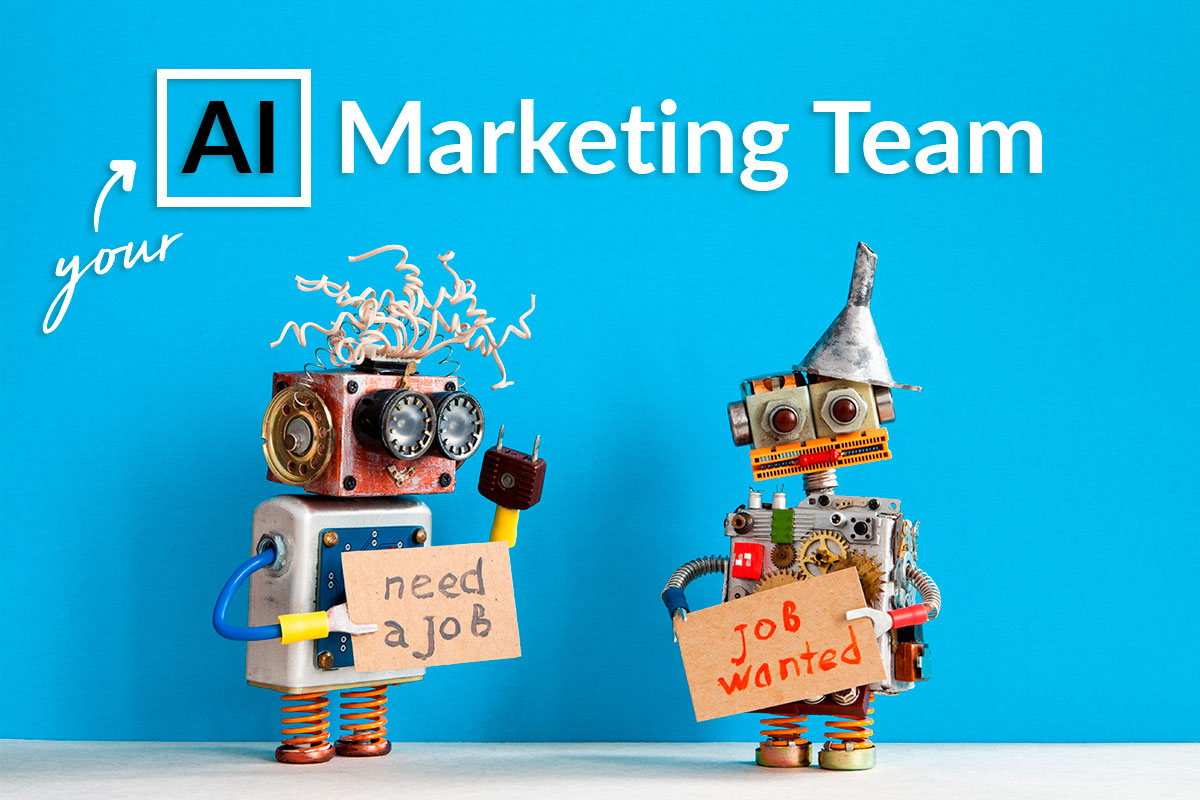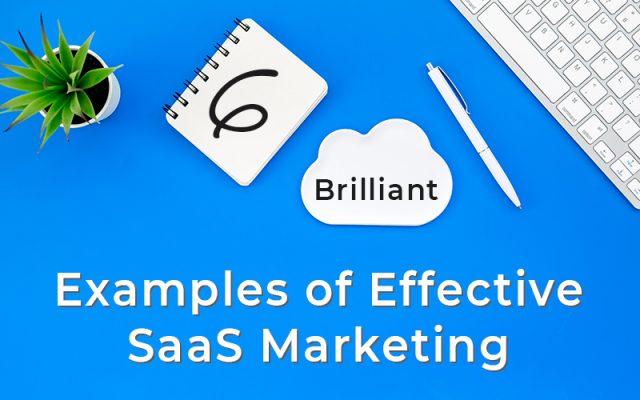What do you see when you envision the artificial intelligence (AI) of the future? Perhaps you imagine a soulless terminator-esque machine—self-aware AI going rogue and declaring apocalyptic war on humanity, subsequently enslaving or wiping out all life. Maybe I’ve gone a little overboard here, but is this proclamation really so outlandish?
According to a 2019 survey piloted by Oxford University’s Center for the Governance of AI, Americans fear a future where AI develops enough to become ‘too intelligent.’
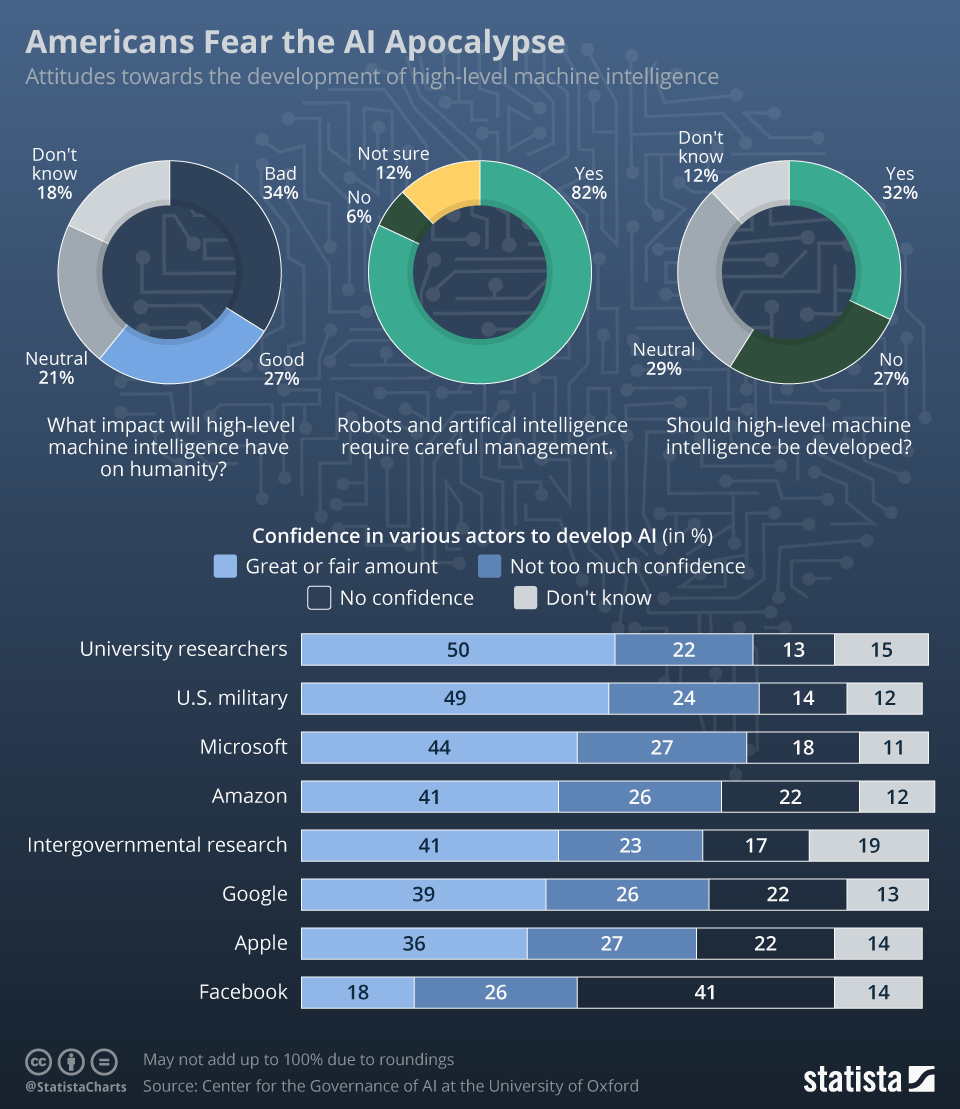
This graph demonstrates the mindset of Americans regarding the enhancement of higher-level machine intelligence1.
2,000 American adults were asked what kind of impact artificial machine learning intelligence would have on humankind, 34 percent answered that it would be harmful and, of those, 12 percent expressing “very bad” sentiment and indicated “the possibility of human extinction.”
Conversely, 27 percent of those that were surveyed thought there would be a positive effect. 21 percent believed machine intelligence wouldn’t impact the future too much, and 18 percent simply didn’t know what impact artificial intelligence might have on our future.

In general, the majority of respondents agreed that mechanisms of artificial intelligence needed vigilant and thorough supervision. Respondents also noted that they trust university researchers and the U.S. military most to assemble and responsibly oversee AI technology—notice where Facebook sits on the trust score? We weren’t surprised, given that only 22% of Americans say they trust Facebook with their personal data—significantly less than Amazon (49%), Google (41%), Microsoft (40%), and Apple (39%).
The April 2018 Facebook news bombshell that a researcher had inappropriately retrieved and sold personal data of 87 million users to Cambridge Analytica didn’t help either.
But none of this will stop companies from mining your data, analyzing it, and using AI to find advantages in advertising and marketing.
What’s next for AI in digital marketing?
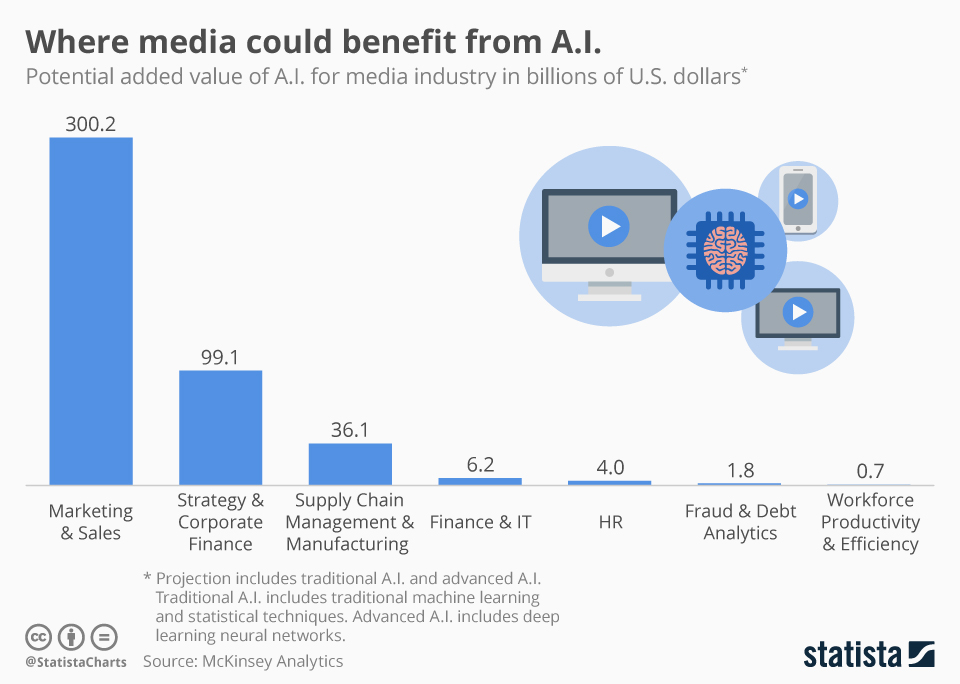
The potential additional worth of A.I. in the media industry.
A study from McKinsey Analytics reveals that A.I., within the media sector, is projected to lead the charge in the marketing and sales segment of the industry, totaling an expected $300 billion in revenue for that area itself.
More companies are hiring data scientists and market analysts for their advertising departments. That’s because their expertise will soon be the pillar of most marketing campaigns. The world wide web is like a colossal behavioral science laboratory, and there is so much data that all our workforce can’t possibly categorize or analyze it all. In comes AI.
Today, AI is in its infancy; essentially, a super-processor that can accomplish undertakings that generally require human intelligence.
Fundamentally, AI can analyze massive datasets (very quickly and efficiently) and predict what should be done based on these data outputs. With a combination of machine learning and big data analysis, artificial intelligence is capable of delivering organizations unfathomable insights into their customer base. Corporations will be able to interact with customers on an extremely personal level, but we also imagine that they’ll also be able to forecast future customer behavior from all this data.
Thank goodness that we haven’t quite reached a synthetic consciousness or the technological singularity yet, but we are inching closer every year.
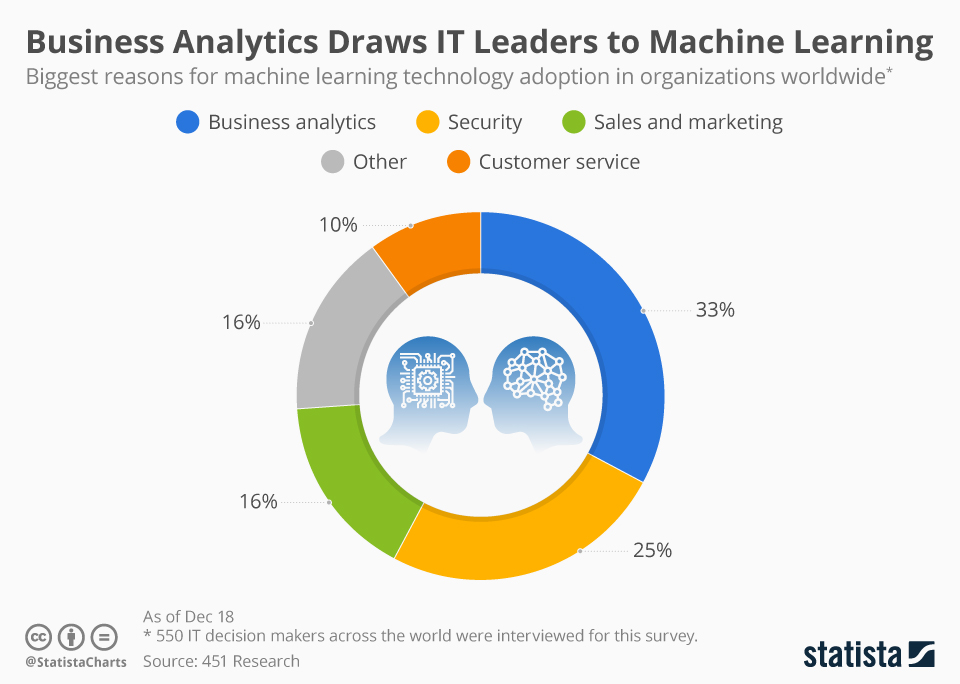
Industries are investing a lot of resources into AI, and, as more AI use-cases surface, we’ll unearth even more impactful techniques of applying it to digital marketing.
Machine learning will carry on and continue to mold the way we advertise. Moreover, many of our present digital advertising tactics would not be possible without a simple form of AI—think Chatbots; they are already all over the internet as they truly shine when it comes to customers’ frequently asked questions. In the future, we wouldn’t be shocked to see more clever chatbots participating in sales prospecting and lead generation. No human needed.
As a matter of fact, there are much more mind-boggling instances of AI replacing humans in marketing just this past year.
Machine Intelligence Outperforms Chase Employees
Following a pilot where machines outperformed humans in writing advertisement copy, the big bank hired Persado, in a 5-year deal, to apply their AI to Chase marketing creative.
Move Over Elf on the Shelf
The digital elves were called in to help Kohl’s out this past holiday season—setting up a trial with Google—they added more artificial intelligence into their digital ad buying. They also indicated that they have been integrating more AI into their banner ads and email subject lines.
The Face of Poverty
Nonprofit, Feeding America, leaned on AI to create a composite image of the average person that visits food banks across the nation. The rendered image was the star, with mixed sentiment, of their campaign in 2019.
Breaking News from Robots
Patch.com, a highly popular network of local news sites, has utilized AI to author unremarkable or data-based news articles. The producer, which was allegedly attempting to relieve staffers of boring or tedious writing, now posts approximately 3,000 stories per week through its acritical intelligence technology.
Machine Love
Machines can learn and even be influencers. Early this month, the makeup and cosmetics giant, Essence, crafted a virtual Instagram influencer named Kenna.
Will AI Replace People in Digital Marketing?
AI dives deep and uncovers many of the unknowns from customer interactions. On a larger scale, AI is often utilized to automate routine processes that were once human dependent, like content curation, pay-per-click ads/management, and possibly even web design are new applications within AI marketing. But does this mean that our digital marketing teams will be replaced by AI? Who better to ask then almost 1,400 business leaders at the World Economic Forum?
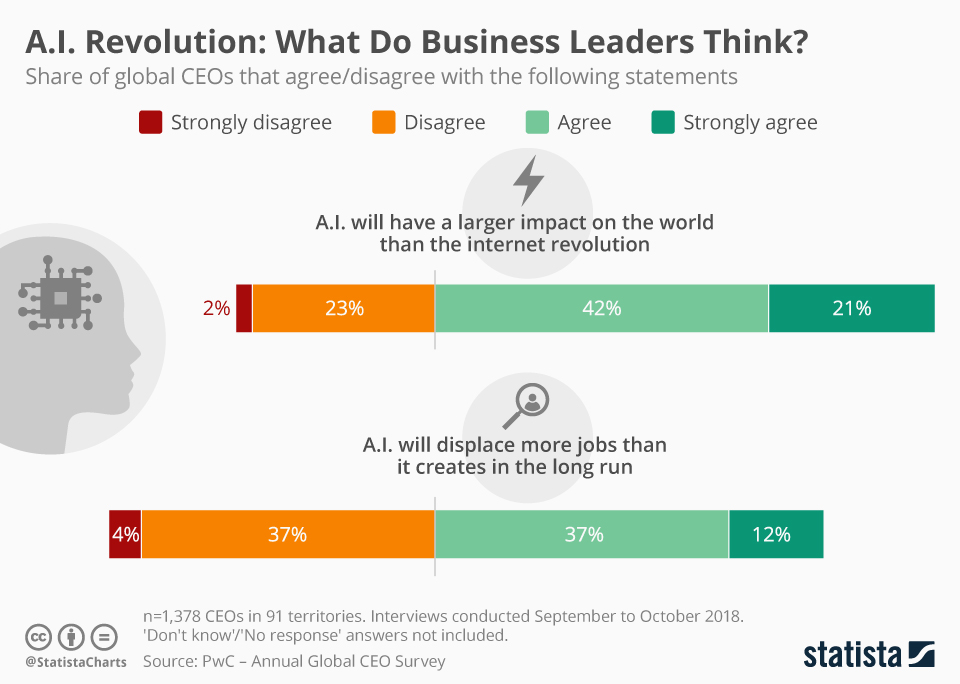
PwC’s annual Global CEO Survey revealed that the vast majority of CEOs (63%) believe that the A.I. movement will have even more influence on the world than the Internet revolution (that’s huge).
Then again, these same leaders share a much more polarized stance on the impacts of AI on employment. That is, 41% think that AI will replace more job opportunities than it will produce, and roughly 49% have faith in the opposite.
AI continues to develop in every industry and is causing many employees anxiety that advanced machines will replace our human workforce. This year, the AI market is expected to advance by more than 15%, but it’s important to note that not every industry is acclimating in the same way. So, the jury is still out… until we hone in on and focus specifically at our industry in question—digital marketers.
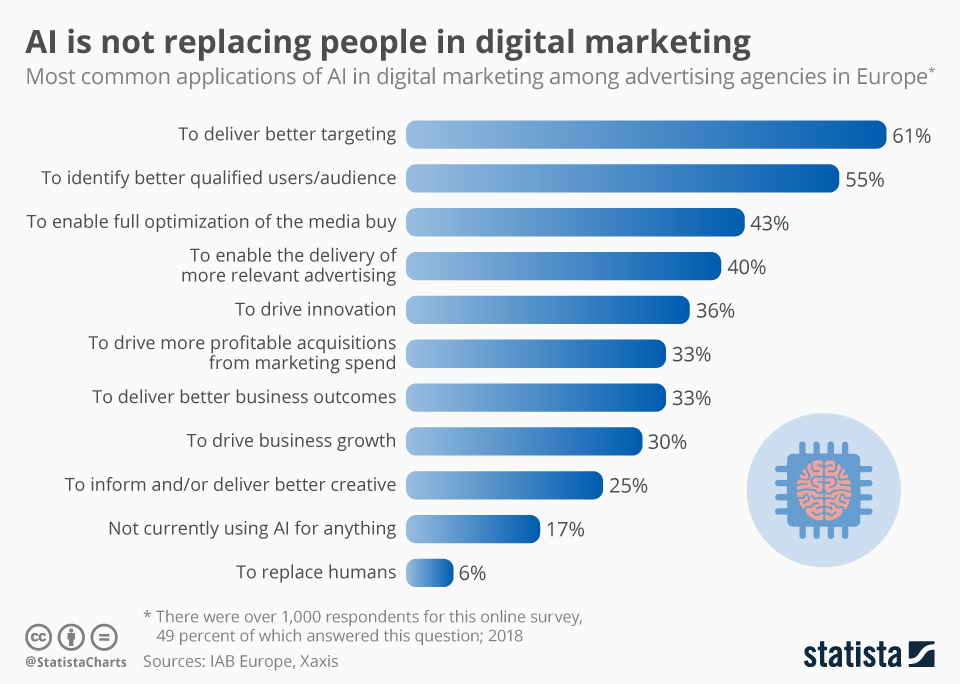
As you can see from the graph above, the short answer is no; AI is not replacing people in digital marketing anytime soon. Phew!
It’s worth noting that the data from the above chart was sourced in Europe by IAB Europe and Xaxis, a European team, but we still think these numbers are relevant. Only 6% of digital marketing agencies said that replacing human work is their highest priority for AI application in their agency.
In this context, Ai is mostly being used to improve business processes and enhance key audience targeting.
Moving Forward With AI & Digital Marketing
We know that AI can simplify and enhance many aspects of our marketing campaigns. It can also eliminate the possibility of catastrophic human error (some brands have lost billions due to innocent human mistakes).
However, the digital marketing industry (search engine optimization, to a lesser extent) is still reliant on human inventiveness, creativity, and originality to truly connect with their customers—we still require that oh so crucial human touch. Sympathy, consideration, and advanced ‘human’ storytelling are all qualities that machines can’t mimic to a believable degree, at least not any time soon. Ultimately, AI is still restricted by human limitations but if Moore’s Law continues to hold true, there’s no way we’ll be able to predict what is in our future.
CITATIONS:
1. Zhang, Baobao, and Dafoe, Allan, Artificial Intelligence: American Attitudes and Trends (January 9, 2019). Available at SSRN: https://ssrn.com/abstract=3312874or http://dx.doi.org/10.2139/ssrn.3312874
